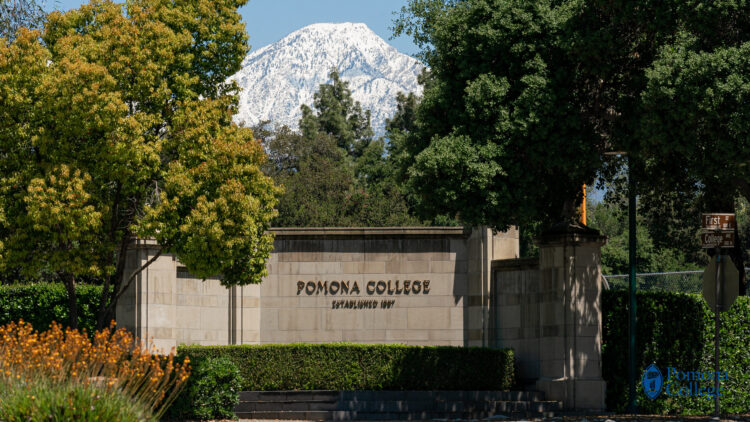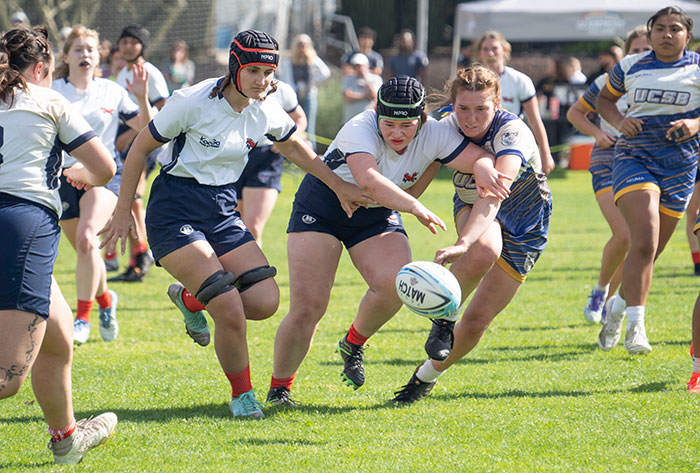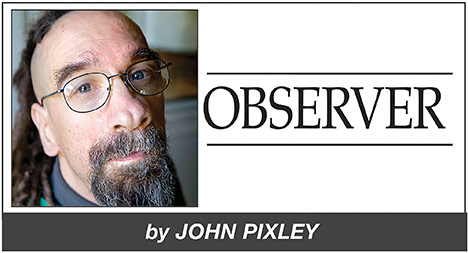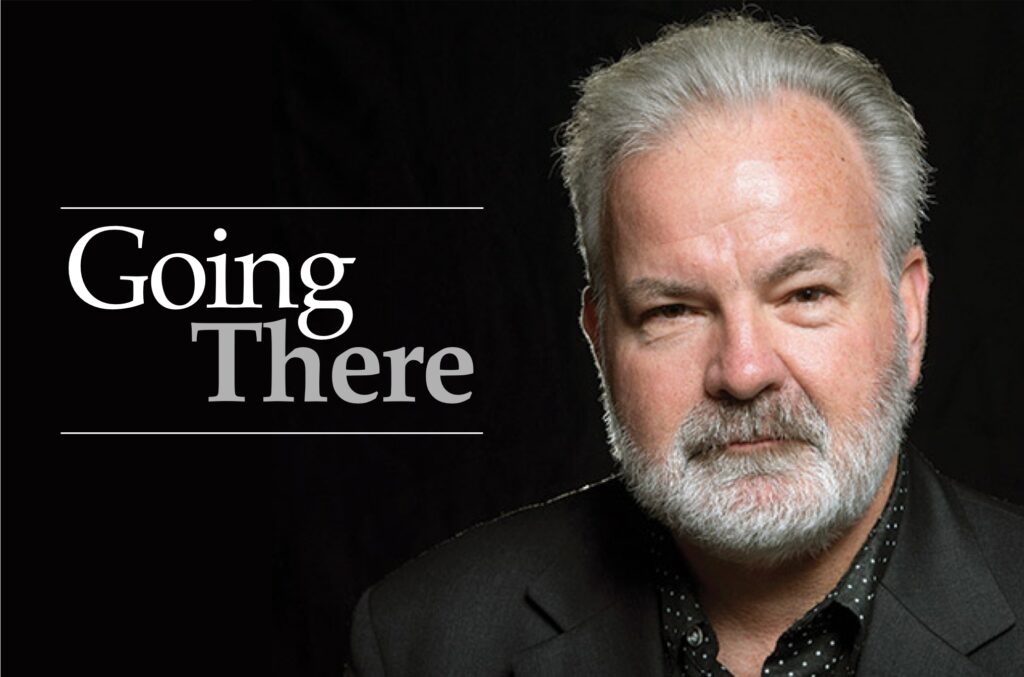Claremont Colleges students react to Trump’s victory

Photo/courtesy of Pomona College
by Madeleine Farr
President-elect Donald Trump’s victory over Vice President Kamala Harris has stoked worry and disappointment among many in the Claremont Colleges community, according to students and faculty. While the Claremont Colleges maintain a progressive streak and many wanted to see Harris in the White House, some students were unsurprised by the results.
Pitzer College junior Rhyus Goldman was among those not shocked by Trump’s second non-consecutive victory.
“I remember being a kid and just him just saying so many sexist, misogynistic, womanizing things,” Goldman said. “And people would just love it. And I would say to my mom, ‘A woman can’t be president, because people hate women,’ and she would get so mad at me for saying that.”
Trump’s first presidency, according to Goldman, is what enabled Biden to win the White House in 2020. It also, he suggested, highlighted the obstacles Harris had stacked against her.
“[Biden’s] entire talking point was that he was the messiah to beat Trump. We just need to get rid of Trump,” Goldman said. “When not only a woman, but a woman of color, is running against Trump, and she only has 100 days to prepare, that’s when I was like, ‘Uh oh,’ … when the Trump mug shot came out, and the reaction wasn’t, ‘Wow, this is Trump’s mug shot,’ it was, ‘This is a hard ass photo,’ that’s when I realized it was much more of a masculine mentality going into this election.”
As the votes began trickling in November 5, election night watch parties were hosted around the Colleges campuses. Some students hosted parties with dozens, while others watched from common spaces.
Stella Holt Dupey, a Scripps sophomore, also said she was not surprised by the election results.
“On election night I nervously watched the results come in, and when I woke up the morning after the election, my roommate and I had a good cry together,” Holt Dupey said, adding that the results were “eye-opening, and reminded me that although everyone around me was voting for Harris, there’s a large percentage of the country that voted for Trump and shares his values.”
Claremont McKenna College hosted an election watch party at its Marian Miner Cook Athenaeum. Lucy Jaffee, a junior at CMC, said that while the school is widely considered the most conservative of the seven Claremont Colleges, she saw students looking “upset” and “antsy” at the Athenaeum as Trump’s victory became more likely.
“The general sentiment was disappointment, especially because I do feel like I hang out mostly with women,” Jaffee said, adding she knows people at CMC who voted for Trump, but only through the grapevine, as they don’t tend to make themselves visible.
“I don’t know anyone who voted for Trump or who even leans red,” said Holt Dupey. “The Scripps community is generally a pretty progressive space, and all of my Scripps professors have mentioned the election in a way that makes me feel like they probably voted for Harris. But also if I was a Trump supporter at Scripps I would keep my mouth shut about it, because I don’t think I would find much support.”
Some professors make their political stances clearer than others. Stephanie Muravchik, associate professor of government at CMC, teaches three sections — approximately 90 students, not all of them from CMC — of an introductory American politics course. She attempts to lead her discussions as neutrally as possible.
“These little arts colleges have a wonderful virtue in that there’s an intense community … but the downside of that kind of community is always a lot of conformity and that it’s very costly to be socially out of step,” Muravchik said.
Many students at the Claremont Colleges have expressed frustration with conservatives’ alleged inability to express their opinions without undue backlash. Domestic and foreign policy alike are currently prominent discussion points on campus, from abortion regulation to the economy to China to the Middle East. This is a stark comparison to the just 4% of Americans who said foreign policy was their most important issue in exit polls.
The sociopolitical landscape at the Claremont Colleges was already chaotic prior to the election, primarily due to yearlong suspensions and bans meted out by Pomona College to students who allegedly participated in an October 7 divestment demonstration, and by Scripps College’s recent closure of their Motley Coffeehouse due to employees’ political activity.
“I’m not sure how this will interact with 5C political events and organizing,” Holt Dupey said. “I wouldn’t be surprised if more initiatives to support reproductive healthcare access, fight climate change, support immigrants, or mobilize youth to canvas for local Democratic candidates and progressive ballot measures pop up in the coming months, though.”
Madeleine Farr is a Pitzer College sophomore studying politics and writing and rhetoric. She is chief copy editor at the Claremont Colleges student newspaper The Student Life, and hopes to pursue journalism after graduation.









0 Comments